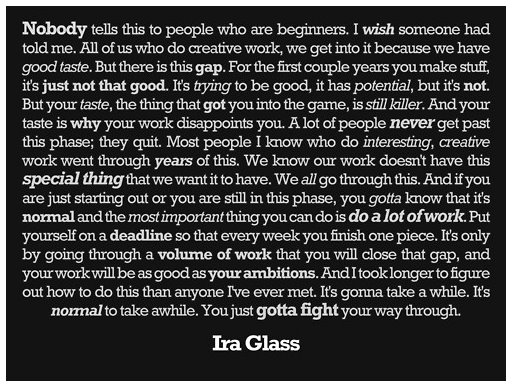Herman Cain is the latest in a long line of political mouths calling a populist movement UnAmerican. He says Occupy Wall Street is an assault on capitalism and that capitalism and the free market system are what have made America what it is.
Can’t argue with that, but his intended meaning is other than reality.
Setting that aside for a moment, though, it’s his statement that protests in the street are UnAmerican that I take greatest issue with. I’ve been hearing that from more or less conservative people since I was old enough to be aware of political issues. During the Vietnam era, the antiwar movement gained the hatred of Middle America not because they were wrong but because they were unruly, in the street, loud, and confrontational. “You should work within the system,” people said, “that’s not the way to do it.”
Except it was clear that working within the system was not achieving results. The system is so constructed that those who understand where the controls are can make it respond regardless of general public sentiment. The system is often The Problem, and today we have another example.
But more fundamentally than that, it was a failure to recognize that people in the street is very much a part of the system. What do we think “freedom of assembly” is all about?
Mr. Cain is wrong. Capitalism did not make this country great, the people who worked with it and in spite of it did. Capitalism is a tool not a religion. Likewise with this nonsense about the free market. That term has lost legitimacy. What perhaps Mr. Cain means and certainly what most people mean when they use the term—and by “most people” I mean those not in the upper tiers of corporatist elites—is Open Access Markets, which is not quite the same as what we’ve been taught. I will repeat this: there is no such thing as a free market. Someone or some group always controls it, usually with the intent to keep others out. Wealth is accumulated because of control of markets. The more you can dictate its conditions, the more successful you will be. This is not freedom, this is economic Darwinism, and when it is left unmonitored and uncontrolled it results in destructive conditions for people unable to participate, just as we have now.
Open Access Markets means the greatest number of people can participate and there is a modicum of fairness and justice. You cannot have that without controls, if only to have someone standing there at the gate making sure the bullies don’t keep people out. We need to start using the language more precisely.
So what we’re really arguing about now is who will be in control.
Now back to protests in the street. You can call them ugly, you can call them upsetting, you can call them many things, but you cannot call them UnAmerican. The Revolution began with protests in the streets. Protests in the streets have always been part of parcel of massive change in this country and we now look back with the myopia that seems peculiarly American and blithely forget that all the things we brag about today in terms of social justice began with protests in the streets. Women’s suffrage, racial equality, fair labor practices, the end of unjust wars, voting rights—run down the list of game-changers and you will find people in the streets making noise and being “unruly.” It’s as American as baseball, MicroSoft, and Mark Twain. You find people like Herman Cain condemning it when it threatens power they wish to wield. He’s running for president. Before that, though, he is the CEO of a successful corporation. He feels threatened with changes he can’t predict (although I bet if he gave it a little thought he’d know exactly what those changes would entail) and which would curtail authority he thinks he can exercise if he wins.
But this is also a man who has made the same old position-of-comfort claim that anyone without a job is personally responsible for that. This is a refusal to come to terms publicly with the fact that economic systems are just that—systems. Tools. And they break down. And I don’t care what kind of character you have, if you land on the outside of a broken system unable to get back in, it’s not your fault, it’s a problem with the system.
But there seems to be a desire to treat our economic system more as a church than a system. Something which simply exists and if we only behave properly will take care of us in its blind benevolence. I can understand that. It’s scary to see reality as a complex set of conditions we have little or no say in. It’s frustrating to realize that you have to actually understand something that probably has never made sense no matter how many times it has been explained.
I was raised, as probably most people born in this country, hearing the fairy tale prescription that if you’re honest and work hard you’ll do well. It has probably never been true but for a relative minority of people, but it’s the kind of myth that the owners of things like to spread because it prepares people to be servants. I have absolutely no argument with the ideas that you should be honest. Hard work is essential. But you have to be aware as well or your honesty and hard work will be turned into a resource to be used by those who “know better” and you can all too easily end up with nothing. Hard work and honest are necessary but NOT sufficient for—not success, but security.
We have been giving away the hard won protections earned by hard work, sacrifice, and more than a little blood over the last century, surrendering common sense to a myth of national greatness that says anything that puts a bridle on corporate greed is anti-American. The heyday of the Middle Class miracle was built on the recognition that you have to keep control of the beast of capitalism and that markets are not free but gladiatorial arenas and the victors are those who set the conditions of combat. We managed to do this at one time through a lot of sacrifice and, yes, people in the streets speaking truth to power.
Time to do it again before we really do lose what makes us great.


